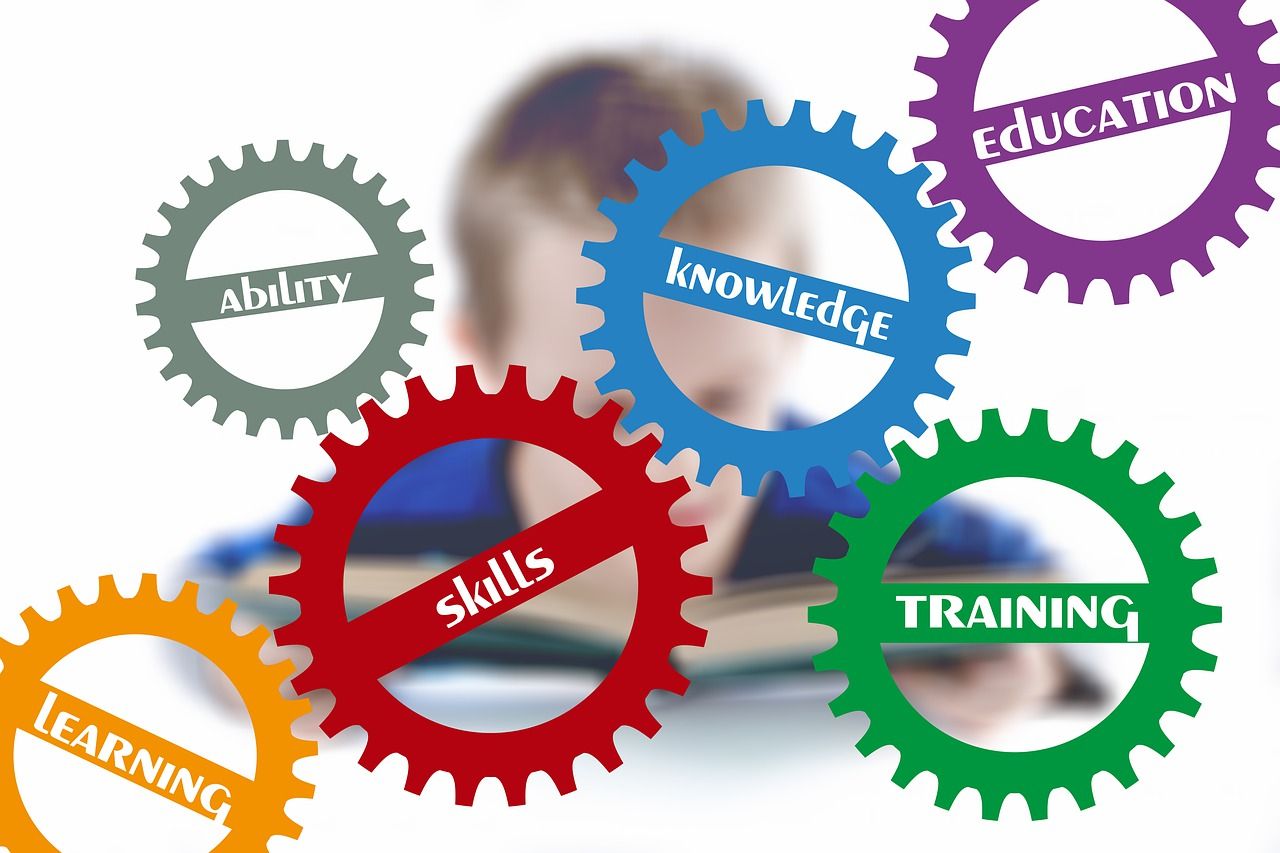Understanding French Phonétique
To truly embrace the French language, one must not only read and write it, but also feel it in the mouth and hear it in the ear.
16-09-2025Music is a powerful tool that engages both the emotional and cognitive parts of the brain.
Music has long been known for its ability to evoke emotions, stimulate memory, and even aid in learning. Many learners seek creative and effective ways to accelerate the process, and one popular suggestion is using music. But can listening to or singing along to music help you learn a new language faster? The answer is yes, in many ways, if you use it correctly. Research shows that music facilitates language learning through multiple mechanisms, including improved pronunciation, vocabulary retention, grammar understanding, memory, and reduction of learning anxiety.
Music is a powerful tool that engages both the emotional and cognitive parts of the brain. Here are some ways music can help language learners:
When you sing along to songs in your target language, you mimic the rhythm, stress, and melody of native speakers. This helps you develop a more natural pronunciation and better intonation patterns, which are difficult to master through textbooks alone.
Songs are full of words and expressions that are often used in everyday conversations. Learning the lyrics of a song can expose you to slang, idioms, and cultural references that are rarely taught in formal classes.
Music makes words and phrases easier to remember. The melodies, rhyme, and repetition in songs help “stick” vocabulary and grammar into your memory. This is called the “earworm” effect, where you can’t get a tune and its words out of your head.
One of the biggest barriers to language learning is staying motivated. Music makes practice enjoyable and less stressful, which keeps you engaged and willing to spend more time with the language.
While music can help, it’s important to use it strategically. Here are some tips: 1. Choose appropriate songs: Start with slow, clear songs in the language. Folk songs, children’s songs, or ballads are easier than fast rap or complex poetry at the beginning. 2. Read and understand the lyrics: Don’t just listen passively. Look up the lyrics, translate unfamiliar words, and sing along. 3. Repeat often: Repetition is key. Listening to the same song several times helps you internalise the words and sounds. 4. Combine with other learning methods: Music is a great supplement, but it shouldn’t replace speaking practice, grammar study, or listening to conversations.
Research supports the idea that music aids language learning. Studies have shown that learners who use songs improve their vocabulary retention, pronunciation, and listening skills faster than those who use traditional methods only. Music also reduces anxiety, which makes it easier to practice and take risks when speaking.
So, can music help you learn a new language faster? Absolutely. It can enhance your pronunciation, vocabulary, memory, and motivation. However, it works best as part of a balanced approach that includes speaking, reading, writing, and listening. Next time you feel tired of memorising word lists or grammar rules, put on some music in your target language, sing along, and enjoy learning in a way that feels effortless and fun.
Spread the Knowledge! 🚀
Found this article useful? Click the Share button below and let others benefit too!

To truly embrace the French language, one must not only read and write it, but also feel it in the mouth and hear it in the ear.
16-09-2025
Imagine knowing how to say “thank you” in Japanese (arigatou) but bowing incorrectly, oops!
16-08-2025
Language learning is often compared to building a house; you cannot live comfortably in it if one side is missing.
16-08-2025